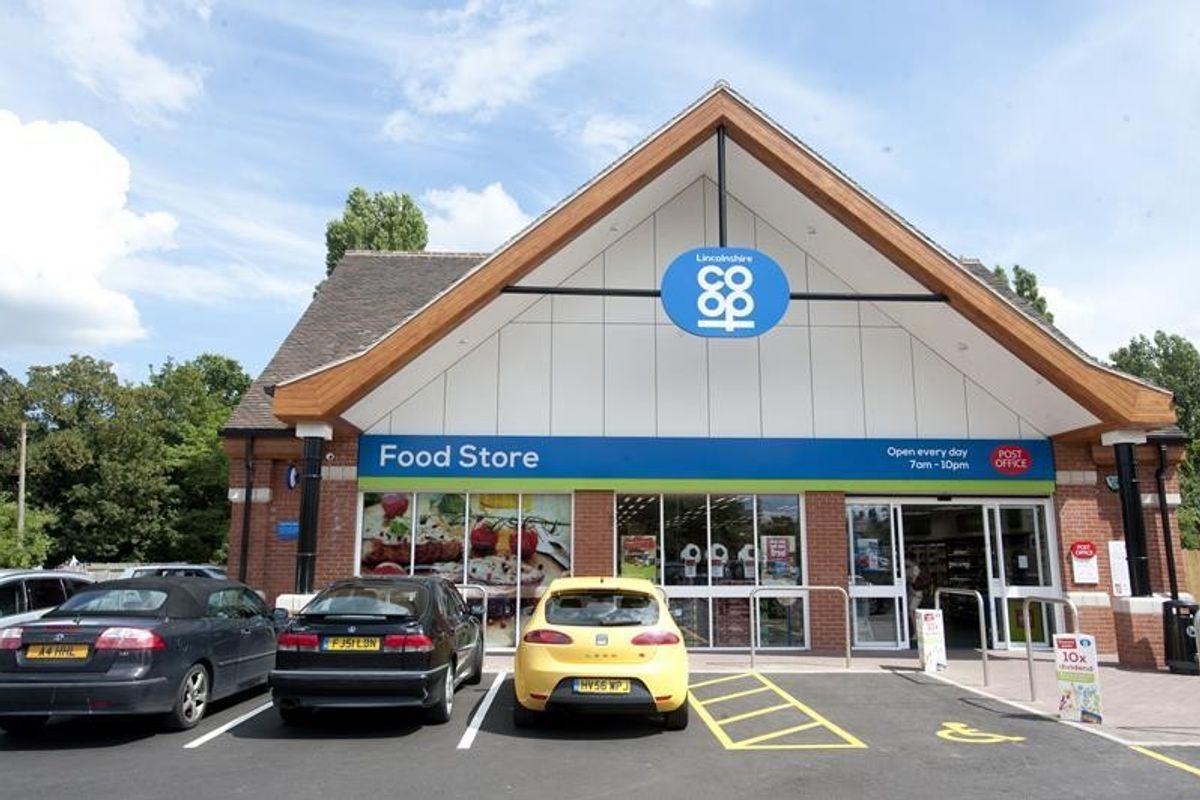- Lincolnshire Co-op partnered with Retail Insight to reduce food waste
- They use WasteInsight to optimise stock assortment and minimise overstocking
- 70% of UK shoppers believe retailers should focus on food waste reduction for sustainability efforts
Lincolnshire Co-op hits a significant sustainability milestone as part of its commitment to reduce food waste, avoiding 1.8 million tonnes of food waste in the last year.
The retailer optimised its waste management process by partnering with Retail Insight, the leading provider of in-store execution software.
Founded more than 160 years ago, Lincolnshire Co-op operates 220 outlets within the region, including food stores, pharmacies, post offices, travel branches, funeral homes, and other services.
With food waste reduction a key lever in reducing its total emissions to ensure it meets its environmental commitments, the independent co-operative has partnered with Retail Insight and uses its data-driven waste management solution, WasteInsight.
In 2024, Lincolnshire Co-op implemented an enhanced version of Waste Trim, which uses a data-led model to optimise stock assortment, minimise overstocking and further cut food waste.
Waste Trim analyses historical data, sales patterns and expiration dates to highlight and identify products or ranges that are regularly wasted. These insights enable Lincolnshire Co-op to optimise stock assortment, minimise overstocking on frequently wasted items, meaning less produce is entering the reduced to clear (RTC) process in the first place, and ultimately reducing the volume of wasted food generated.
Last year, by using WasteInsight, the retailer avoided nearly 1.8 million tonnes of food waste, a rise of 6.8 per cent compared to 2023, which equated to stopping 1,785 tonnes of food wastage, the same weight of 149 double decker buses.
This saved 4,818 tonnes of CO2e from being emitted, which equates to enough energy to power around 5,726 UK homes for a year.
“It’s been great to work alongside Retail Insight to further reduce food waste, and we’re already seeing a remarkable impact,” Craig Adamson, head of food operations at Lincolnshire Co-op, commented.
“We’re committed to looking after our local environment, and this applies to everything we do; from the way our outlets are designed, to how we source electricity. All of this, combined with our efforts to reduce waste, helps us to work towards our sustainability goals.”
Kieran O’Brien, VP customer success, EMEA, at Retail Insight, added: “Lincolnshire Co-op is coming at its food waste reduction efforts from all angles – as well as preventing RTC items from entering landfill with dynamic markdowns, it’s using data and insights to optimise stock, cutting the volumes of produce even entering its RTC process with the Waste Trim feature. This holistic approach to food waste management is evidenced in the significant progress it has made in food waste reduction over the last year.”
Southern Co-op has earlier this year revealed that it saved approximately 3.1 million meals from being wasted in the past year – a 16 per cent increase year-on-year – by leveraging WasteInsight from Retail Insight.
A recent research by Retail Insight showed that 70 per cent of UK shoppers believe that, rather than addressing ‘mainstream’ sustainability efforts, such as recycling, retailers should focus their ESG sustainability efforts on food waste reduction.


